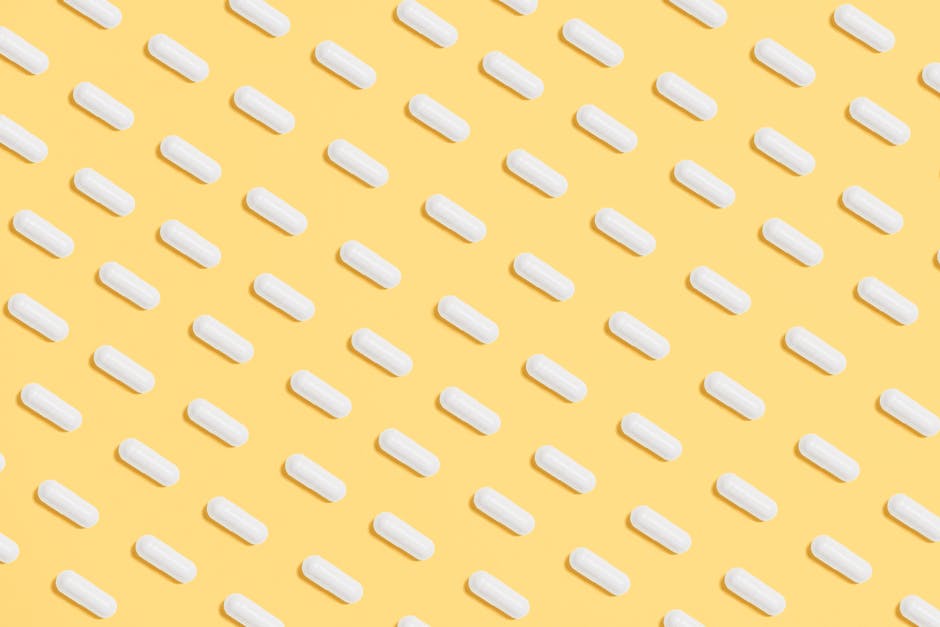Acne is a common skin condition that affects people of all ages. It is caused by a combination of factors, including hormones, bacteria, and oil production. Acne can be frustrating and embarrassing, but there are a variety of treatments available to help clear it up.
One of the most important things you can do to treat acne is to wash your face twice a day with a gentle cleanser. This will help to remove dirt, oil, and bacteria from your skin. You should also avoid touching your face, as this can transfer bacteria to your skin and cause breakouts.
Over-the-counter acne treatments can also be helpful in clearing up mild to moderate acne. These treatments typically contain ingredients such as salicylic acid, benzoyl peroxide, or retinoids. Salicylic acid helps to exfoliate the skin and remove dead skin cells. Benzoyl peroxide kills bacteria that can cause acne. Retinoids help to unclog pores and reduce inflammation.
If over-the-counter acne treatments do not work for you, you may need to see a dermatologist. A dermatologist can prescribe stronger medications to help clear up your acne. These medications may include antibiotics, oral retinoids, or isotretinoin.
In addition to medication, there are a number of other things you can do to help prevent and treat acne. These include:
* Eating a healthy diet
* Getting enough sleep
* Managing stress
* Avoiding smoking
* Wearing sunscreen
Eating a healthy diet can help to improve your overall health and well-being, which may also help to reduce acne. Eating plenty of fruits, vegetables, and whole grains can help to give your skin the nutrients it needs to stay healthy. Getting enough sleep is also important for overall health and well-being. When you do not get enough sleep, your body produces more of the stress hormone cortisol, which can lead to breakouts. Managing stress is also important for preventing acne. Stress can cause your body to produce more oil, which can lead to clogged pores and breakouts. Avoiding smoking is another important way to prevent acne. Smoking damages the skin and can make it more prone to breakouts. Wearing sunscreen is also important for protecting your skin from the sun's harmful UV rays. UV rays can damage the skin and make it more prone to acne.
If you follow these tips, you can help to prevent and treat acne. However, it is important to remember that acne is a common skin condition and that there is no one-size-fits-all cure. If you are struggling with acne, it is important to see a dermatologist to find the best treatment for you.

